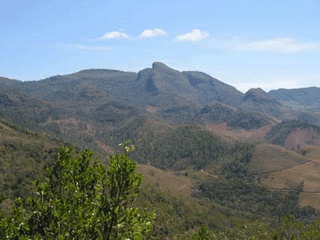After my uncannily accurate prediction of Spain’s fate in the World Cup, and with the new season just about to start here, it seems like a good moment to assess the possibilities of a team that is not called Barcelona winning the competition this time around. However, the reality is that Phil Ball over at
Soccernet has already done a far more expert and comprehensive analysis than I could hope to do of the contenders for the title.
Much of the attention this season will be on the renovated Real Madrid, with a new president, a new (old) coach in Fabio Capello and several new players. Capello has a sort of legendary status in Madrid, despite having only spent one season previously at the club, and it is going to be interesting to see whether he can deliver on the very high expectations his long awaited return will have created. Already there are significant changes from the way in which the club was run under Florentino Perez, it looks as if Capello even has some say in who the club is buying! The money spent so far has been more focused on the midfield and defence; although it looks as if Van Nistelrooy has been brought in to replace Ronaldo up front, assuming the negotiations with one of the two Milan clubs come to something and the chubby one leaves. Ronaldo, despite being a shadow of the player he once was, has been the main goal scorer for Madrid in the last few seasons. If he goes, then Van Nistelrooy will need to maintain an impressive strike rate, especially if Raúl continues to disappoint. Expect a more defensive Madrid, personally I don’t think they’ve got the team yet to out perform Barcelona.
The other possible contenders are Valencia, Atletico Madrid, and possibly Sevilla. Atletico almost always disappoint, but they have a good coach this year having captured Aguirre from Osasuna, and have been investing in the team; so their long suffering supporters may at last have something to cheer. I might even try and get down to the Vicente Calderon myself this season, always a much more authentic footballing experience than going to the Bernabeu.
Valencia are looking good, they have Morientes and Villa to provide the goals, and yesterday splashed out to buy Joaquin from Betis – although I always see Joaquin as being one of these players who runs faster than he can think, so too often he ends up lost on his own by the corner flag. Potentially Valencia could be the main contender ahead of Madrid. Sevilla finished very impressively last season, although to be fair they only had Middlesborough to stop them lifting the UEFA Cup; they probably don’t have the in-depth strength to mount a real challenge.
So, unless they lose interest, or get too obsessed with the Champions League, it should be Barcelona again. The hope for the neutrals has to be that at least one other manages to make a contest out of it.







